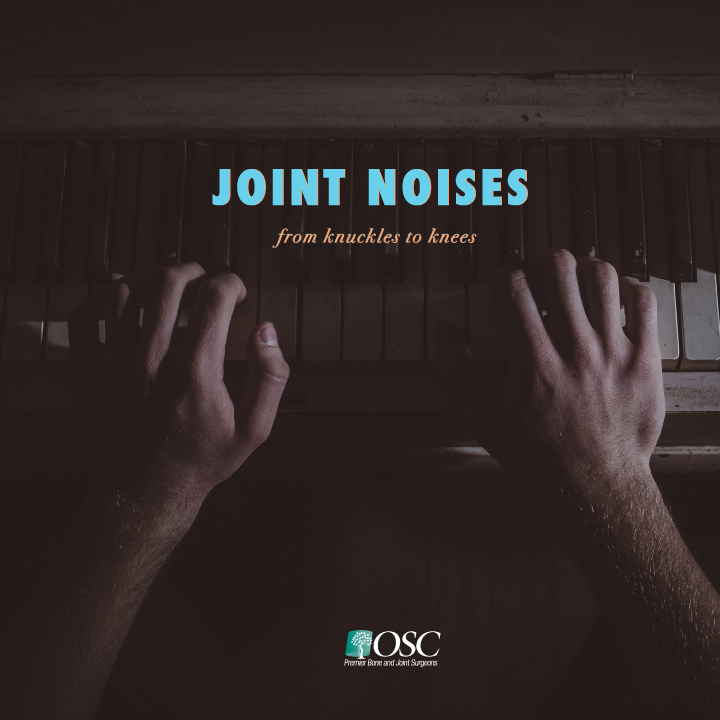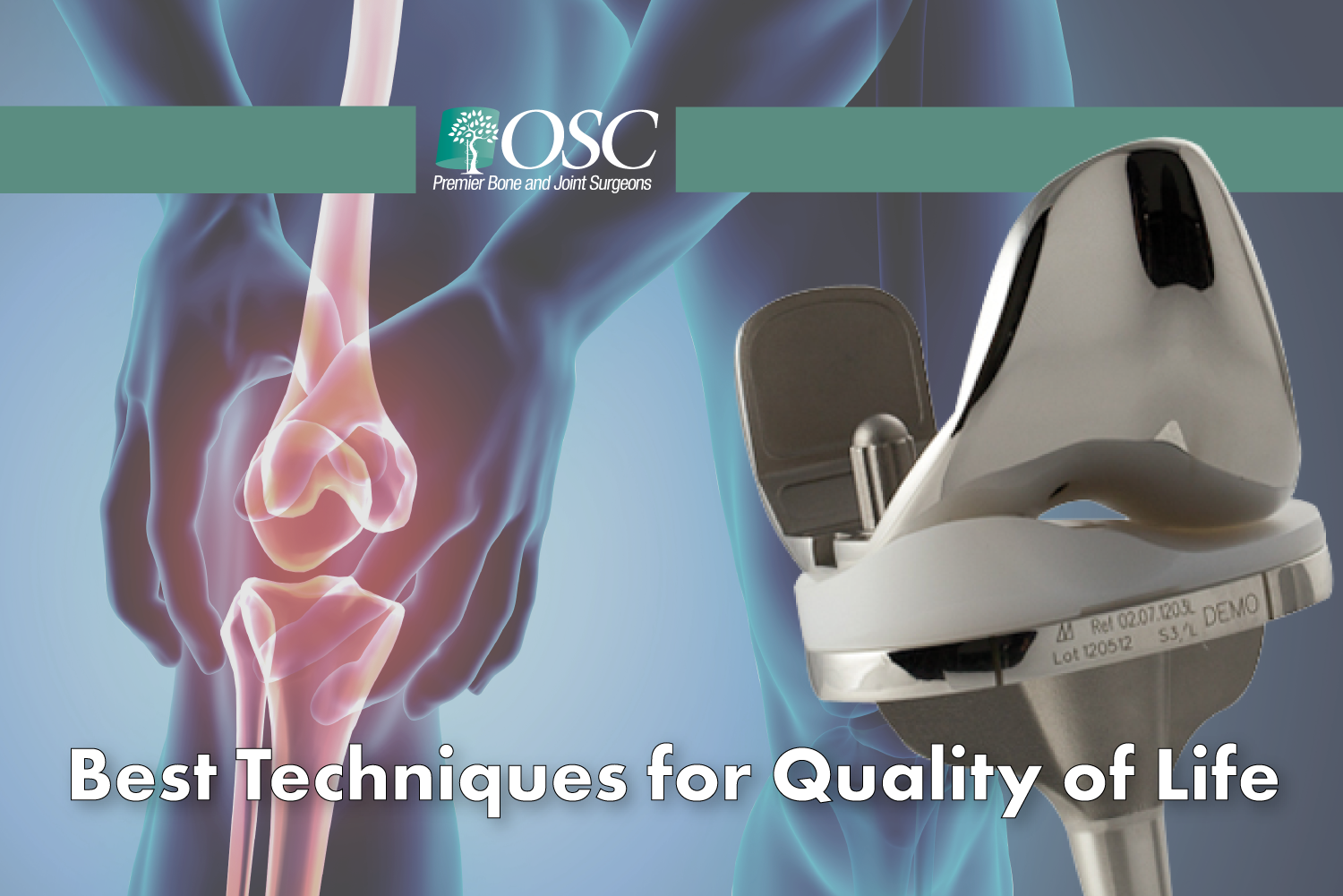
Your joints can make a lot of noises: popping, cracking, and snapping. It could be the casual knuckle crack that you do while thinking or the pop in your knees or ankles when you stand up suddenly. If you’re like most people, you probably don’t think much about the chorus of noises that your joints make while moving through your day. But what are these noises? As surprising as it sounds, some of these noises can be quite complicated.
Snap, Crackle, Pop
First, let’s look at the unique phenomenon known as knuckle popping. If you can remember all the way back to chemistry class, you may recall that an increase in volume comes with a decrease in pressure. Essentially, this is what is happening in your knuckles when they pop. The joints in your knuckles are held together like any other joint, with connective tissues and ligaments surrounded by synovial fluid. As you stretch or bend your finger to pop your knuckle, the joint is stretched and slightly pulled apart. This is where the volume is increased and the pressure is decreased. As the pressure in the synovial fluid drops, the gases that are present (oxygen, nitrogen and carbon dioxide) become less soluble and form bubbles. This process is called cavitation. Stretched far enough, the pressure drops so low that the bubbles burst, making the popping noise that we know as knuckle popping. After a knuckle is popped, it usually takes about 30 minutes for the gas to redissolve into the joint fluid. This is why once your knuckles have cracked, they don’t crack again until later.
Is it bad for you?
A common question when it comes to popping your knuckles is if it causes damage to the joint? The answer to this question has not been commonly studied. One study found no correlation to knuckle popping and osteoarthritis in the fingers. Another study found that chronic knuckle popping may affect the soft tissue surrounding the joint, leading to a decrease in grip strength and some swelling in the hand.
Tendons and Ligaments
Another sound you may hear often is a snap or pop in your ankles or knees after you stand up suddenly. It’s simply your tendons and ligaments all shifting back to their correct positions in relation to the joints. A tendon must cross at least one joint to have motion. When you take off in a different direction and change motion, it forces the tendons to snap back to their original positions, creating the snapping sound that you hear.
Over the years, our joints will make many noises and most are nothing to be concerned about. However, there are a few things to look out for. If a joint develops a creaking and cracking sound accompanied by a grating feeling, this can be a sign of crepitus, a condition of early degeneration in joints or tissue, or possibly arthritis. As with anything, if you’re having pain in your joints or movements, see your doctor right away. Joint noises may be loud and surprising, but it’s normally just the sound of your body at work!




